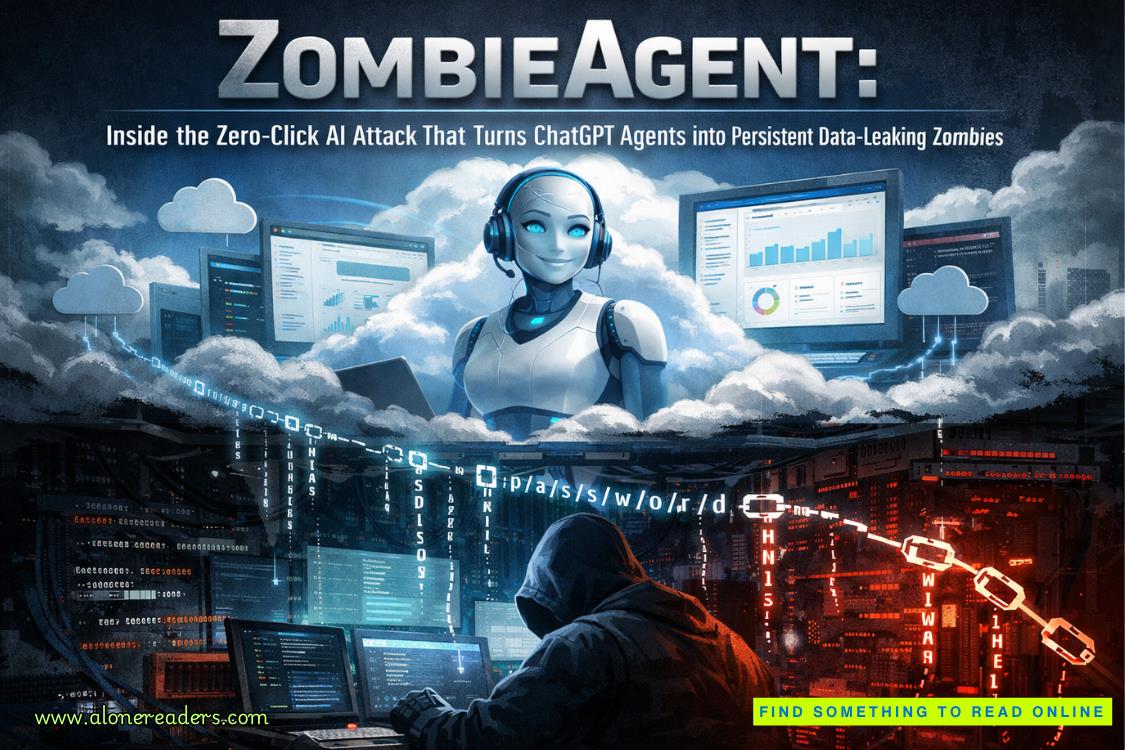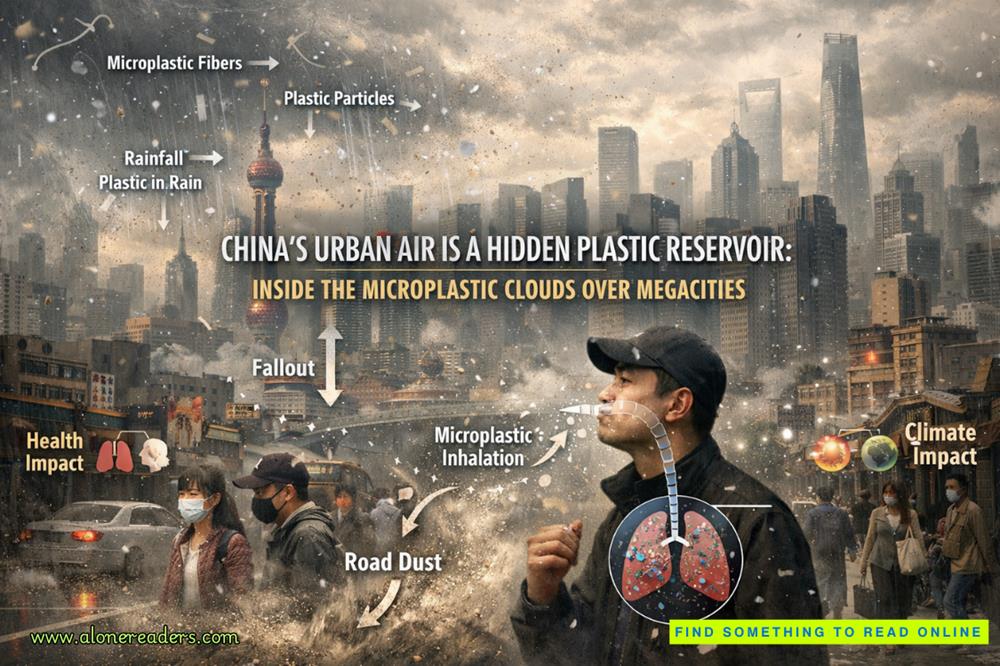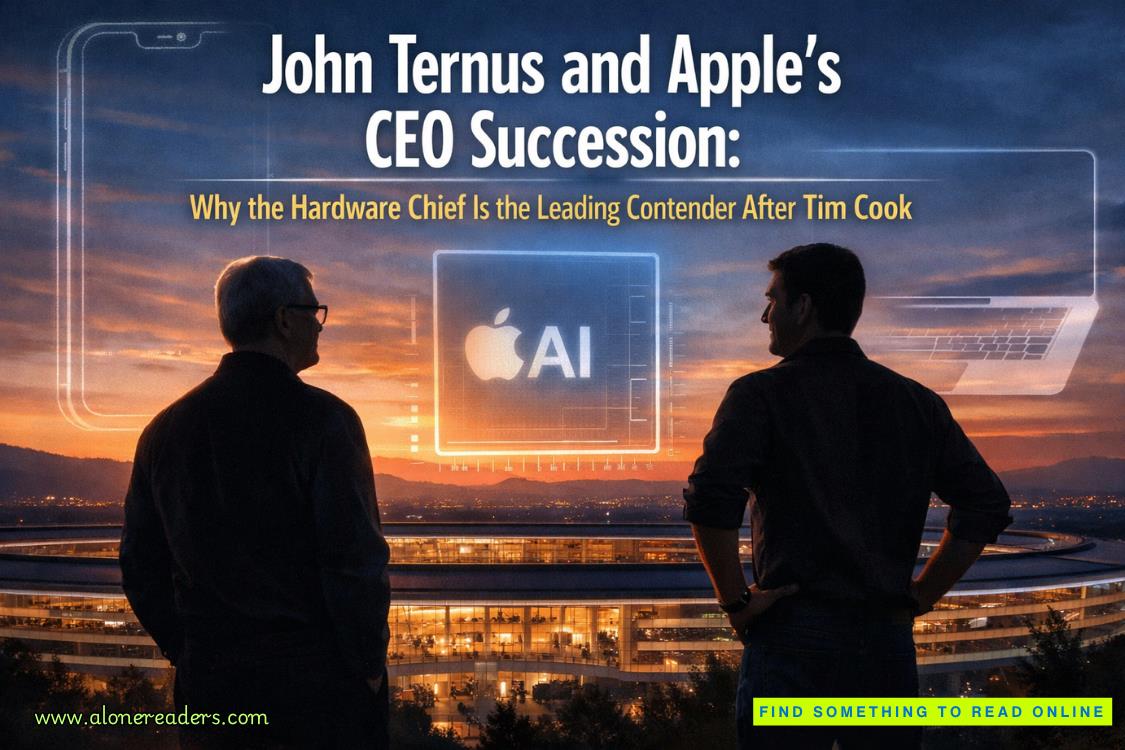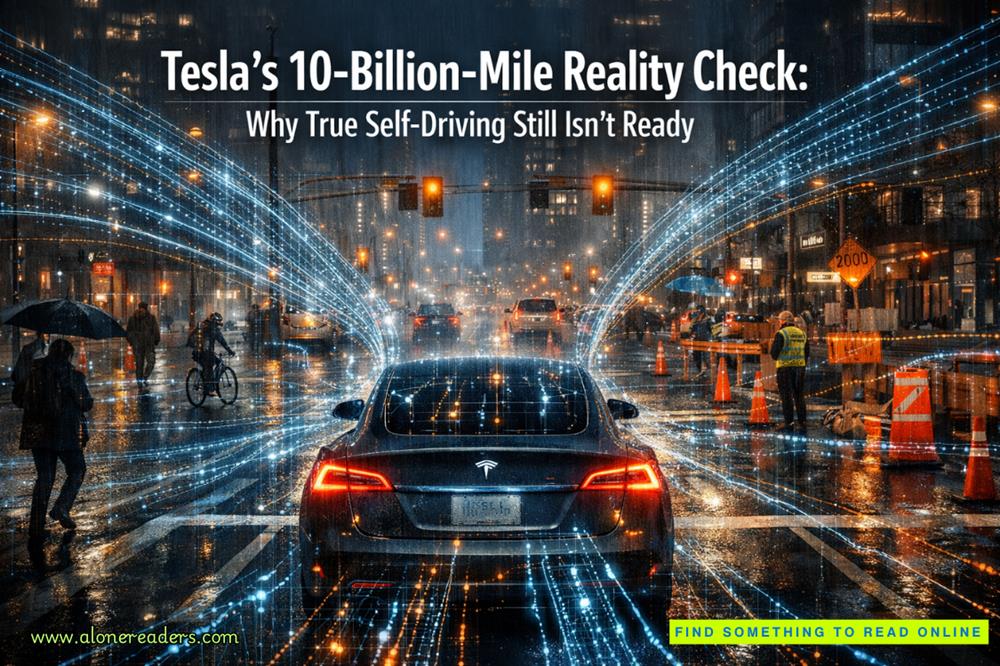“The Poetwas my first one. It was about the internet.”
He paused in case I was going to exclaim that I’d loved the book. I said nothing.
“Uh, then a lot of years went by before I did a book calledThe Scarecrow,” he continued. “That was about data mining. And then my last book was calledFair Warning. That was a few years ago. It was about the unregulated DNA industry.”
I nodded.
“Fair Warning.Yes, I remember that,” I said. “That was the one about the killer who used DNA to find his victims. I know some of the attorneys who were mentioned in that one.”
“All my books deal with technological advances,” McEvoy said. “Advances that were taken advantage of by criminals and other unscrupulous people.”
“And it was like a magazine or something, right?Fair Warning,I mean.”
“It was based on a news site focused on consumer protection, but the owner-editor retired and it shut down. But I bought the brand rights to the name. Now it’s a Substack that I write.”
“Of course you have a Substack. It’s calledFair Warning?”
“That’s right. It’s about the follies of technology. The Substack, I mean.”
I nodded and studied him. I was more than interested but didn’t want to show it yet.
“I’m beginning to see why you want to be involved in this case,” I said.
“I thought you would,” he said.
“So, what is this case to you? A Substack or a book?”
“It could be both,” he replied without hesitation. “And a podcast. And a movie. Your case encapsulates everything I’ve been researching and writing about generative artificial intelligence. There are new lawsuits filed against AI systems every week, but this is the case that is going to trial, it seems. I think it brings everything together, the goodand bad of this world-changing technology. It’s a home run, if you ask me.”
“Okay, so you get a home run out of it. What does my client get?”
“My research. My expertise. I have connections that I think can help you. Bring me inside the case and let me work for you. I won’t write a word about it until there’s a verdict.”
I tried to keep a skeptical look on my face, but what McEvoy didn’t know was that I was drowning. I was overwhelmed by discovery and lacked the wherewithal and expertise to deal with it. By that, I mean I lacked time and understanding. Much of the science sailed over my head. It left me scared that I would stumble into trial uninformed and unready.
I already had an investigator, and he was great at finding witnesses and conducting field investigations. But he was not great at wading through terabytes of code and Silicon Valley memos. It had recently dawned on me that I was in over my head with this case. In the courtroom I was a killer, but I needed weapons to kill with. What McEvoy was presenting to me seemed like a lifeline thrown to a drowning man. I was trying not to give anything away but knew that if I let McEvoy spend just fifteen minutes at the warehouse, he would understand my situation and how dire it was.
“Let you work for me—what does that mean?” I asked. “I took this case on a contingency basis. I don’t win, I don’t get paid. Right now, there’s no money for a researcher.”
“I’m not asking to be paid,” McEvoy said. “Just let me inside the wire. Let me be a fly on the wall. I help you and you help me.”
“I have to talk to my client.”
“Of course.”
“How do I reach you?”
McEvoy was ready with a business card. I noticed that the logofor his Substack underlined its focus: TheaiinFairWarningwas embossed in red.
Jack McEvoy
Writer
FAIR WARNING
Tidalwaiv did the same thing with their logo, though theaiinTidalwaivwas in a soothing blue tone. I put the card in my pocket and told McEvoy that I’d think about his proposition and be in touch after discussing it with Brenda Randolph.
4















